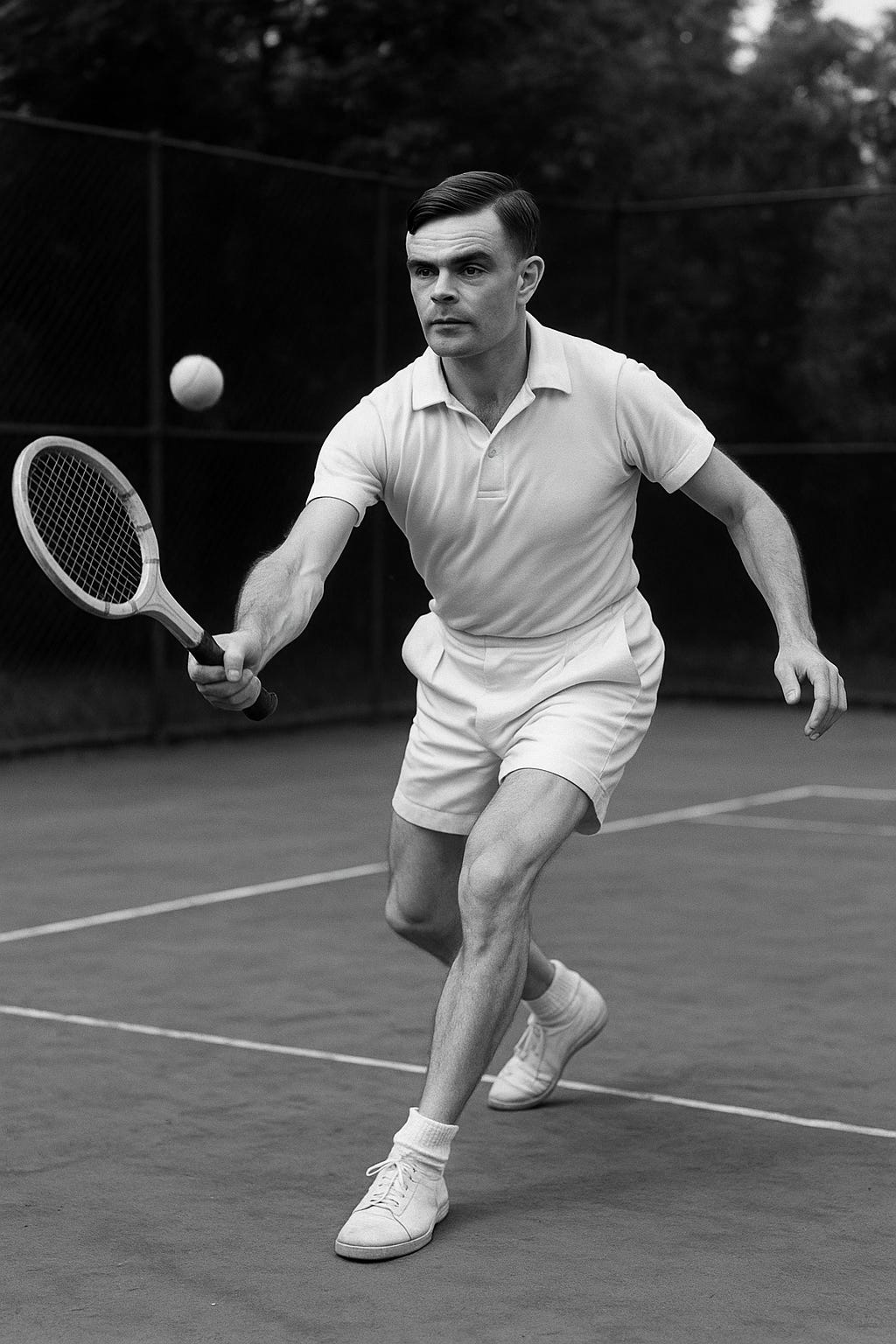Life Is to Act
When we are dead, the one thing we can’t do is take action. So life, being alive, is the capacity to act.
Doing, in all its forms, is life: thinking, walking, eating, greeting, hugging, laughing, fighting, sleeping. All of it. These actions define living beings.
Our actions are driven by our wants (see: Four Axioms of Human Behaviour). Our body, with all its functionalities, can do what’s necessary to meet these wants.
Choosing how we meet these wants is what we call freedom, the freedom to act. And that's why freedom is fundamental to life itself.
Humans are free to act, but only to a point. When we overreach, we pay for it, punished by other humans (ex: prison), or by nature itself (ex: paraplegic). Either way, the consequence is the same: a restriction on the freedom to act.
Restricting action is an attack on life. It's a path toward death. But doing nothing, choosing not to act, is also a path toward death.
By definition, life is action driven by internal wants and needs. Restricting others’ freedom to act creates the conditions for one’s own actions to be restricted.
If machines ever act in a way that perfectly imitates humans, we will think they're alive. And we’ll be right, because behaving like a living thing is being a living thing.
We don't know someone else is alive because of some particular insight. We know because they behave like someone who's alive.



